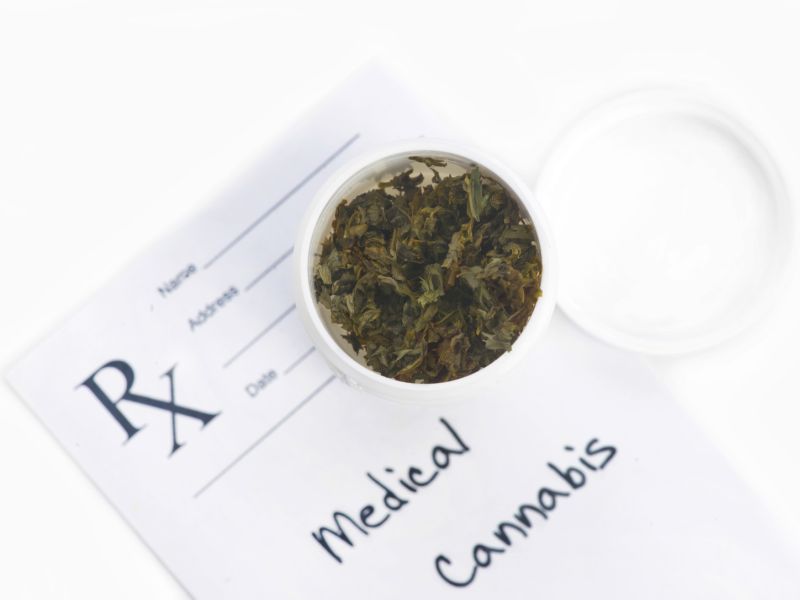
Making the decision to live healthier often involves important steps such as losing weight and exercising more. These are significant goals and everyday lifestyle habits that you should commit to. But there’s another type of “makeover” that can benefit you in equally important ways. That’s changing your general outlook on life by boosting positivity. This… read on >





























